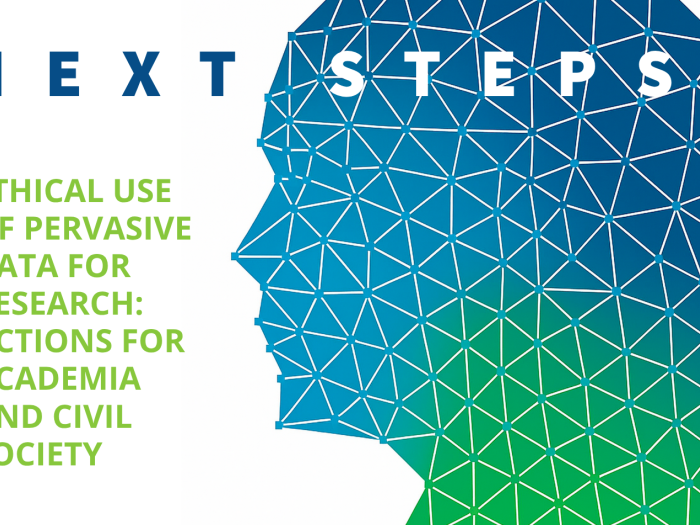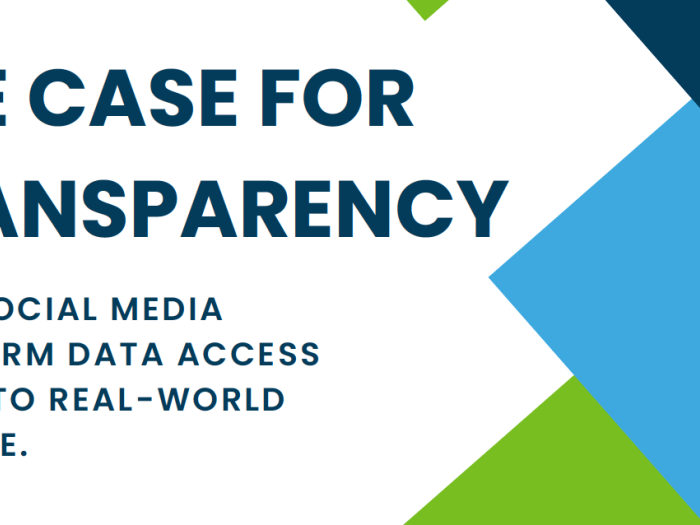Publications
The Institute for Data, Democracy and Politics produces publications frequently as we uncover the latest in disinformation spaces that affect our democracy. Our content often takes the form of white papers, journal articles, working papers and more as we help policymakers understand digital media’s influence on public dialogue and opinion.
Featured

Performing in Autonomy Theater
Perspectives of High Profile Figures
November 13, 2025
Balancing the needs of social media researchers with perspectives of high profile figures.

From Dashboard to Data Acquisition
Charting the Social Media Monitoring Market
September 8, 2025
Researchers increasingly require data from social media companies to better understand the information environment, technology product design, & social issues.

Rethinking Citizen Competence: A New Theoretical and Empirical Framework
September 5, 2025
Sceptics charge that ordinary citizens are not competent enough to sustain democracy. The researchers challenge this assessment in this paper.

Designing a New Digital Regulator
Workshop Summary Statement
August 7, 2025
IDDP hosted two design thinking workshops with recent civil servants where participants took part in two exercises centered on process-based needs statements.

Ethical Use of Pervasive Data for Research
Actions for Academia and Civil Society
July 22, 2025
The IDDP Council for Pervasive Data Ethics - Next Steps for the U.S convened to chart a set of actions to advance ethical practices in computing research.

The Case for Transparency
How social media platform data access leads to real-world change.
May 7, 2025
This report makes the 'case for transparency' by presenting a series of influential social media research efforts.
Browse by Publication Type


